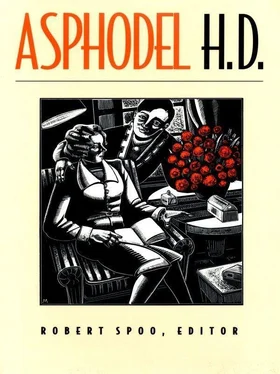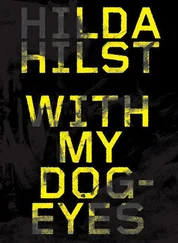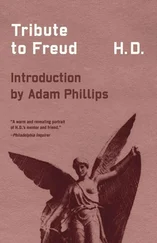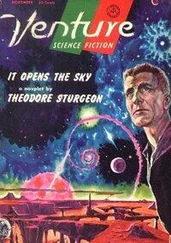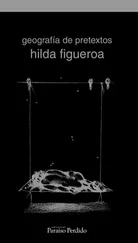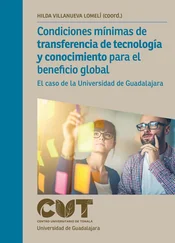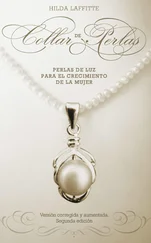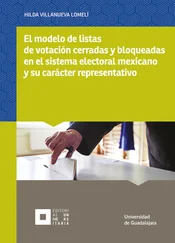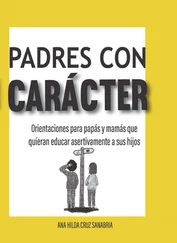“I’m just waiting. Was just waiting. They said I must be careful. I’m going out to-morrow. I have to go to Richmond. You have to register them in the district where they were born — Richmond.” “See that you do then. See that you do then. It’ll be evidence to divorce you. .” Divorce? Was she hearing, seeing? She was mad simply. This word that they had none of them used (Vane had so suavely brushed it) was brought out in a fervour of brutality against her. “Divorce me ?” “Of course. It’s the only way to do it. I as a returned officer can prove your infidelity—” “ My infidelity?” “Well, Louise and I — that will be overlooked. You are, aren’t you, the offender?” “ Offender ?” “I mean — well you know what the law is in England? You can’t divorce me as you have been unfaithful—” “ Unfaithful ?” Words out of the Daily Mail meaning nothing. Where had he picked these words up? What did these words mean? Words out of the Daily Mail mean nothing. Unfaithful wife, returned officer husband, lover, baby. . words out of the Daily Mail meaning nothing.
“But what about you? What about—?” “O well — that — you can’t prove anything.” “Prove anything? But I have your letters. Details. Your writing me all the details. .” “Look here, Astraea”—even now, even now, Astraea .
Nothing in him that doth fade but doth suffer — but doth suffer — suffer — suffer — sea-change. You suffer toward sea-change but there was an end to legitimate suffering, this suffering of Hermione’s was illegitimate. You don’t take more than your share of suffering any more than you take more than your share of happiness — wheels within wheels — the labyrinth but Theseus (was it?) had the clue, walked straight on, straight on, labyrinth of London upon London and the war, black abysses of pockets of blackness into which you wander feeling the crash of a plane, sensing, feeling the blue body crumpled — an American fighting for France or the brave fawn-coloured young body ground — ground — don’t think. Labyrinth. How marvellous to be of it, in it, one of them, one of the Athenian youths and maidens sent — sent — Athenians. Hermione stared at the wall, waiting for an answer for the wall was mustard coloured and the map that she had pinned there now some days ago, a map fallen from one of the Weeklies now became something other, somewhere else, another pocket, another world. “That map’s rotten — cut up into Balkan states and all wrong.” Map pinned to the wall, sketched in map from London Weekly that she hadn’t thrown away, had pinned on the wall, map of the Balkans, difficulties, marked off in dark lines, cut into dark thick lines, political, meaning nothing, but a map from a modern weekly (last week’s?) and the problem of the Balkans and the map was nothing but it covered a space of the mustard paper and the map was a map of Greece, all distorted by political black lines and dotted lines, the sort of map, you remember we had with our weeklies in that odd spring, never to come again, mist like a bride’s veil over Soho, and she would talk of the map, thus dodging the Minotaur, thus dodging Darrington. She would pretend not to have heard Darrington, would go on talking as if the registering, deliberately of Phoebe as illegitimate was nothing, could be nothing, though she was Mrs. Jerrold Darrington and how difficult to explain, “you see I am married but this is someone else’s child.” But Darrington was mad. The whole thing was impossible, all the letters, he was mad, shell-shock, dissociation (she must make excuses for him) but it was wrong, Hermione knew it was wrong. Hermione had had her share of suffering and if she took more than her share of suffering the world would topple over for you can’t arrogate virtue to yourself, you can’t suffer more than Christ — and she had suffered. Dead, resurrected but she had come to the wrong place. She belonged in heaven after Phoebe — and she wasn’t in heaven. Heaven had been open to her and she had walked straight into Purgatory or Hell even, this hell of Darrington cowering over her, a little now cringing to her. This was worse than his bullyings. He was cringing to her. What had happened? What had Louise done? Drugs, sleep — evil — drinks — the wrong kind — abuses — turned his head — come back — he was so nice a week ago. It had all happened in a few days. Turned into a monster, a Minotaur when Hermione had thought he was one of the youths of Athens, he, as she, lost alike in a labyrinth, alike in the end to be saved, but he wasn’t to be saved — Astraea — how dared he call her that. He was mad obviously. Astraea was a name that went with al fresco suppers and the odd pear tree that had plumed itself so extravagantly like a white swan against the upflung hills of Ana-Capri. Astraea was shining over Amalfi and Astraea was the very heart of the orange flowers, golden with that tight whirl of still smooth petals, texture of the orange flowers so much more ivory smooth than any camellia even, even than the wax smooth and ivory stiff gardenia. Elegant. Things of the senses beyond the drift of people and the stuffiness of trains and the Italians with too many children — that remained apart and untouched (then) in grubby cheap little bed-rooms, in bed-rooms on the rue gauche that were youth — youth — simply.
“The map is rotten.” It was Darrington again saying it. And now the map took form before Hermione’s dazed eyelids. Her eyes seemed to see nothing. Were open, staring like glass eyes, saw nothing, grey glass eyes, but her eyelids seemed pricked with luminous light, seemed to burn, to glow with some light within— eyes and they see not —her glass grey eyes didn’t see anything, would never see anything. “Of course, Jerrold. I understand about the baby. I’ll go at once and register it — naturally — as it should be—” Dodge him. Dodge him. Register it as it should be as it could not possibly other be. Phoebe Darrington by all the laws of spirit, by all the most brute made laws even of brute matter. Roman law. She had heard once half heeding about Roman law — the child born — he had come to see her— She couldn’t get the exact wording of vague but exactly recalled Roman law. But she would — she would— “Of course you know if you make any false statement—” Darrington speaking. False statement. False statement. What now was coming? False statement. Hermione turned eyes from the map on the wall and grey glass eyes saw now Darrington. They saw Darrington — they looked at Darrington — yes and they see now — her eyes (horrible) saw Darrington — Minotaur with bull throat, with head bent forward. Minotaur that was about to brutally destroy her. No. He couldn’t. For her eyes were pricking, with painful realization behind the eyelids — eyelids were white orange petals, other eyes, gold rays behind the eyes — Astraea. . “of course you know if you make a false statement its perjury and — five years penal servitude.”
Penal servitude had her by the throat, drove her on. The flurry of snow was ash that spring (do you remember?) and penal servitude had her by the raw edge of her skirt, dragged at her underclothes, grasped up like a slimy hand from fetid water, Dickens, all the horrible things one read about, in London, come true, London come true, Dickens’ London, “my lords and gentlemen” but I thought we had gone on, gone on. They always screamed that they had done away with Victorian things, in London. Grey ash drifted against a grey ash face lifted to grey ash drifting. Penal servitude had her by the hem of the skirt so that she stumbled heavily climbing up the bus steps and the curved steps of the swaying bus (that she used to run up blithely) were the steps of a lighthouse that swayed and swayed. A sort of lighthouse built on a sort of bell-buoy sort of thing, swaying like a bell buoy in a storm when the bell rings and rings. Once in Venice there had been a summer mist and the bell buoys were set loose. . and bells sounded across Venice as they sounded now in London. Penal servitude. All the bells of London sounded penal servitude for if you have a husband who is an officer and a gentleman he comes back. . and screams why did you, why did you, like a clock ticking, like a heart beating. . penal servitude. Captain Darrington. Yes. I am Mrs. Darrington. Penal servitude made Hermione one now with the faces that loomed up out of white ash out of mist of snow and snow of mist, looking up at her from the circle of Piccadilly. Daffodils shone like suns through cold mist. Penal servitude was daffodils in Piccadilly. .
Читать дальше
